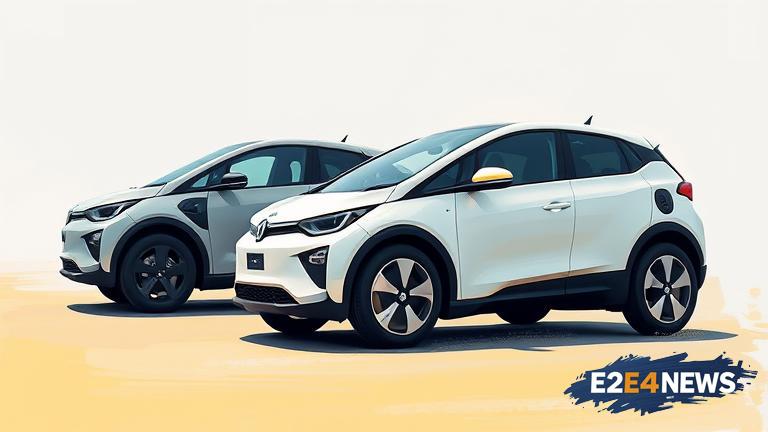The Indian government has announced a comprehensive plan to promote the adoption of electric vehicles (EVs) in the country. The plan includes a range of incentives and initiatives to encourage the use of EVs, including tax exemptions, subsidies, and investment in charging infrastructure. The government aims to have at least 30% of new vehicle sales be electric by 2030. To achieve this goal, the government will provide subsidies to manufacturers to produce EVs, as well as to consumers who purchase them. Additionally, the government will invest in the development of charging infrastructure, including the installation of charging stations along highways and in cities. The plan also includes measures to promote the use of EVs in public transportation, such as buses and taxis. The government will provide incentives to state governments to adopt EVs for public transportation, and will also encourage private companies to invest in EV-based transportation services. Furthermore, the government will establish a network of EV charging corridors along major highways, to facilitate long-distance travel by EVs. The plan also includes measures to promote the use of EVs in rural areas, where access to charging infrastructure may be limited. The government will provide subsidies to rural households to purchase EVs, and will also invest in the development of off-grid charging infrastructure. The plan is expected to have a significant impact on the environment, as EVs produce zero tailpipe emissions and can help reduce air pollution in urban areas. The government estimates that the plan will help reduce greenhouse gas emissions from the transportation sector by at least 20% by 2030. The plan is also expected to have economic benefits, as it will create new jobs and stimulate investment in the EV industry. The government estimates that the plan will create at least 10,000 new jobs in the EV sector by 2025. The plan has been welcomed by the automotive industry, which sees it as a major opportunity to invest in the EV sector. Several major automakers have already announced plans to launch new EV models in India, and the government expects many more to follow. The plan is also expected to have a positive impact on the country’s energy security, as it will reduce dependence on fossil fuels and promote the use of renewable energy. The government estimates that the plan will help reduce the country’s oil imports by at least 10% by 2030. Overall, the plan is a major step forward for India’s EV sector, and is expected to have a significant impact on the environment, economy, and energy security. The government is committed to implementing the plan and achieving its goals, and is working closely with industry stakeholders and state governments to ensure its success. The plan is a key part of the government’s broader strategy to promote sustainable development and reduce greenhouse gas emissions, and is expected to play a major role in achieving the country’s climate goals. The government is also exploring new technologies, such as battery swapping and hydrogen fuel cells, to further promote the adoption of EVs. The plan is a major opportunity for India to become a leader in the global EV market, and the government is committed to making it a success.





